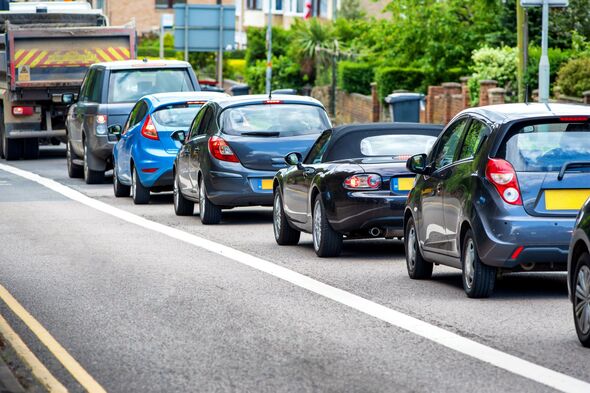Lifestyle
Labour’s Electric Car Grant Faces Backlash from Motorists

The UK Government’s recent announcement of a new electric vehicle (EV) grant has sparked criticism from ordinary motorists and private dealerships alike. Under this initiative, the Labour Party plans to offer a grant of £3,750 on the purchase of new electric models priced below £37,000. While the scheme is intended to promote the adoption of electric vehicles, many argue it does not adequately address the financial realities faced by average families.
Critics highlight that the average cost of a brand new electric car in the UK is approximately £46,000, putting it out of reach for many consumers. Data from NimbleFins indicates that the cheapest electric vehicle currently available, the Dacia Spring, still costs around £14,995. This price remains prohibitively high for numerous households, particularly those in lower to middle income brackets who are already struggling to make ends meet.
Concerns Over Accessibility and Market Impact
The Labour initiative aims to increase electric vehicle sales significantly before the forthcoming ban on petrol and diesel vehicle sales scheduled for 2030. However, the reality is that the vast majority of drivers in the UK do not own an electric vehicle. According to the RAC Foundation, of the 32.9 million cars licensed in Great Britain by the end of 2024, 18.6 million (around 56.54%) were petrol and 10.1 million (approximately 30.7%) were diesel.
Despite the push for EV adoption, the Society of Motor Manufacturers and Traders (SMMT) recently reported that private electric car sales are “weak,” with much of the demand being driven by fleet purchases rather than individual consumers. As sales of electric vehicles have increased, many dealerships are experiencing significant disruptions due to uncertainty surrounding the new grant. Dealers have reported “chaos” in showrooms, as potential buyers hold off on finalizing purchases, waiting to see if their preferred models qualify for the grant.
The Potential Backfire Effect
This hesitation from consumers could lead to a decline in overall electric vehicle sales, undermining the very objectives of the Labour scheme. Dealerships are facing a backlog of customers who are hesitant to commit to purchases, impacting their sales and operations. Instead of stimulating the market as intended, the grant initiative may inadvertently deter buyers from making decisions.
The Labour Party’s approach has raised questions about its commitment to supporting everyday motorists while simultaneously pushing for an ambitious transition to electric vehicles. As the government moves forward with its plans, the effectiveness and accessibility of these grants will be crucial in determining their impact on the automotive landscape in the UK.
-

 World1 day ago
World1 day agoCoronation Street’s Shocking Murder Twist Reveals Family Secrets
-

 Entertainment4 months ago
Entertainment4 months agoKate Garraway Sells £2 Million Home Amid Financial Struggles
-

 Entertainment3 months ago
Entertainment3 months agoAnn Ming Reflects on ITV’s ‘I Fought the Law’ Drama
-

 Health3 months ago
Health3 months agoKatie Price Faces New Health Concerns After Cancer Symptoms Resurface
-

 Entertainment3 weeks ago
Entertainment3 weeks agoCoronation Street Fans React as Todd Faces Heartbreaking Choice
-

 World3 weeks ago
World3 weeks agoBailey Announces Heartbreaking Split from Rebecca After Reunion
-

 World4 days ago
World4 days agoKevin Sinfield Exceeds Fundraising Goal Ahead of Final Marathons
-

 Entertainment3 months ago
Entertainment3 months agoCoronation Street’s Carl Webster Faces Trouble with New Affairs
-

 Entertainment4 days ago
Entertainment4 days agoTwo Stars Evicted from I’m A Celebrity Just Days Before Finale
-

 Entertainment3 months ago
Entertainment3 months agoWhere is Tinder Swindler Simon Leviev? Latest Updates Revealed
-

 Entertainment4 months ago
Entertainment4 months agoMarkiplier Addresses AI Controversy During Livestream Response
-

 Science2 months ago
Science2 months agoBrian Cox Addresses Claims of Alien Probe in 3I/ATLAS Discovery





















